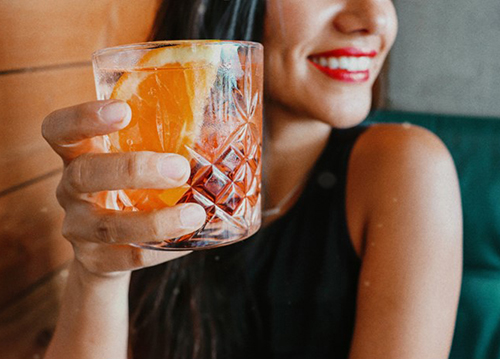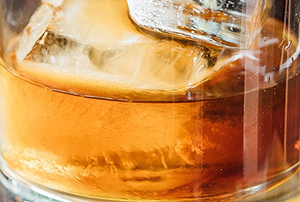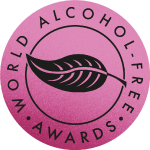Döhler report reveals what consumers want from AF spirits
24 June 2024
Alcohol-free spirits producers need to focus on taste and texture, major on natural ingredients and be wary of charging too much in an increasingly competitive market.
Those are the key findings from an in-depth report by global producer, marketer and provider of natural ingredients, ingredient systems and integrated solutions, Döhler. The report came out this year, and the World Alcohol-Free Awards is delighted to be able to share the insights with its readers.
Based on research from 1,350 consumers in nine different countries, the report provides crucial insights into the motivations of modern AF drinkers, what they like and don’t like, and how those elements differ around the world.
The report discovered four key types of alcohol-free spirit users. It goes without saying that it is useful for producers to know which group they think they are targeting.
Taste Explorers
Frequently drink alcohol-free spirits, don’t particularly like alcoholic spirits, and want to explore new products, but can also like AF versions to taste authentically like alcoholic equivalents. They drink when hanging out with friends.
Alcohol-reducers
Still drink alcohol, but want to reduce their consumption and minimise hangovers. Are looking for tastes to be similar to alcoholic equivalents and are not especially satisfied with much of what they have tried thus far in the AF space.
Low Drinkers
Don’t drink a great deal of either alcoholic or alcohol-free beverages, tending to indulge only on special occasions. Eat healthily and consciously. Looking for a taste close to alcoholic versions.
Active Lifestyle Indulgers
Generally younger, this group frequently drink AF spirits, have tried many and like what they are seeing. They veer towards AF drinks when they can in all possible situations as part of their active, healthy lifestyle. They want drinks that are usable like alcoholic spirits, but don’t necessarily need to mimic them.
These cues are picked up further when analysing the areas where alcohol-free spirits score highly – and those where they score less well. Generally, alcohol-free spirits are seen as being healthier, lower in calories and more refreshing than alcoholic spirits. They score similarly when it comes to packaging and their appropriateness for social drinking occasions, but less well when it comes to elements such as taste, complexity and indulgence.
‘I can understand why quality ingredients are an issue for consumers,’ says Döhler’s Global Product Manager for alcohol-free, Bjoern Hermann. ‘You can see comments online where people think it is just flavoured water. It probably helps that the quality is so much better than it used to be.’
 |
| Consumers still see AF spirits as evening drinks |
In terms of when the AF spirits are consumed, there is little difference compared to their alcoholic equivalents. These are firmly drinks for the evening, nighttime and weekend. In this they are different from, say, alcohol-free beer, which is a popular lunchtime product.
That said, AF spirits are seen as being part of a more relaxed vibe; of hanging out with friends rather than high-octane partying or benchmark celebrations. Being able to drink them and drive is also a big motivation to consumption.
When it comes to flavour, one key element comes to the fore: flavours need to be authentic and – key word – natural. A lack of naturalness (ie an artificiality to the flavour) was by far the biggest reason for people disliking a product.
‘Taste, price and texture are the deciding factors,’ concludes the report. ‘To improve the category, optimising naturalness of taste and authenticity would have the greatest impact.’
Taste matters - but so does price
One final element worth looking at for AF spirits producers is price. While those looking to sell in China can take heart from the fact that consumers there are happy to pay a 10% premium for an alcohol-free spirit, most of the world’s AF spirit drinkers are less generous.
When asked how much they would expect to pay for an alcohol-free gin, compared to an alcoholic version, reductions ranged from -10% (Denmark), -23% (UK) and -29% (France) to -50% in Germany, Spain, Mexico, Belgium and the US.
‘Consumers have undoubtedly been influenced by poor experiences with AF drinks in the past,’ said WAFA’s Head of Judging Chrissie Parkinson. ‘But we are now seeing high quality products that easily justify a premium price.’
So if you’re looking for success, understand your consumer, make your drink as natural as possible – and if you want to charge more, make sure your product stacks up!
The full report is available at https://www.doehler.com/en/lp/spirits-without-alcohol.html; For more information, contact Amanda.Barber@doehler.com
Döhler is a global provider of technology-based natural ingredients for the food and beverage industry, with a growing portfolio of alcohol-free drinks producers among its clients. It is also a supporter of the World Alcohol-Free Awards.


